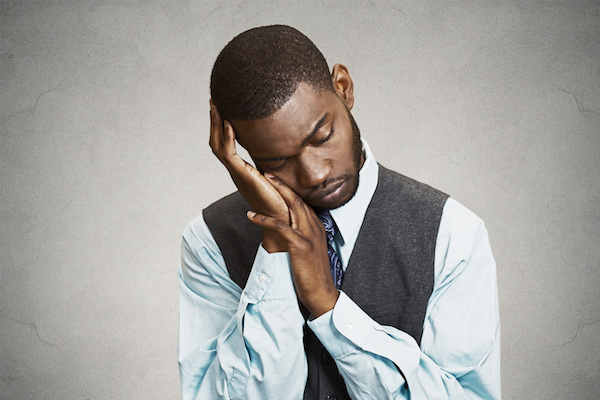MONDAY, May 9, 2016 (HealthDay News) — While many may associate bipolar disorder with episodes of mania followed by periods of depression, a new study suggests that’s often not the case.
Researchers say states of anxiety are equally as likely as to follow manic episodes as depression.
The finding might have implications for better treatment, the research team said.
“For years, we may have missed opportunities to evaluate the effects of treatments for bipolar disorder on anxiety,” said study lead author Dr. Mark Olfson, a professor of psychiatry at Columbia University Medical Center in New York City.
“The results of our study suggest that researchers should begin to ask whether, and to what extent, treatments for bipolar disorder relieve anxiety as well as mania and depression,” he added in a university new release.
According to the study authors, about 5.7 million Americans have bipolar disorder, which causes cycles of mania (elevated or irritable mood) and depression.
The new findings stem from an analysis of data from more than 34,000 American adults with bipolar disorder.
“Although it has long been widely assumed that bipolar disorder represents repeated episodes of mania and depression as poles along a single continuum of mood, the clinical reality is often far more complex,” Olfson said.
He said that, based on the new findings, “patients whose main symptom is anxiety should be carefully assessed for a history of mania before starting treatment.”
The study was published May 3 in the journal Molecular Psychiatry.
More information
The U.S. National Institute of Mental Health has more on bipolar disorder.
Copyright © 2026 HealthDay. All rights reserved.

